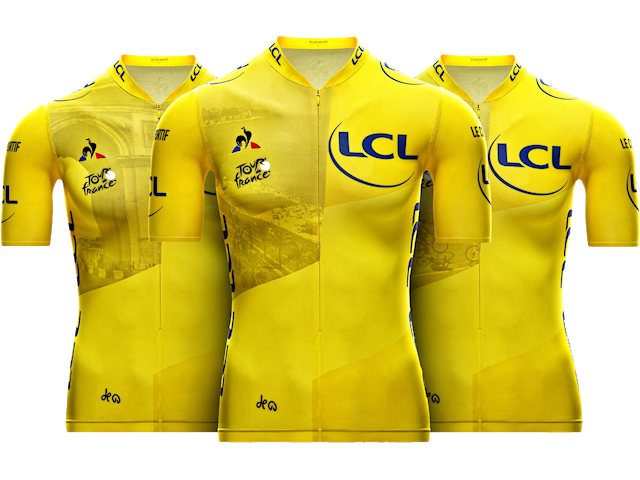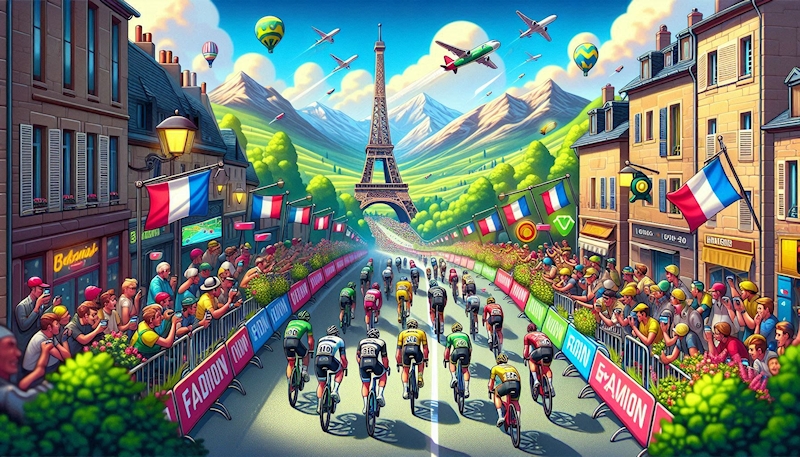 10.07.2024 - As the peloton winds its way through the picturesque landscapes of France, cycling enthusiasts around the world are not just passive spectators. Thanks to the advent of online cycling games, fans are now able to experience the thrill of the race from the comfort of their homes. These games have surged in popularity, especially during the Tour de France, allowing players to engage in a virtual race that mirrors the real-world event.
10.07.2024 - As the peloton winds its way through the picturesque landscapes of France, cycling enthusiasts around the world are not just passive spectators. Thanks to the advent of online cycling games, fans are now able to experience the thrill of the race from the comfort of their homes. These games have surged in popularity, especially during the Tour de France, allowing players to engage in a virtual race that mirrors the real-world event.

The Digital Race Begins
Online cycling games have come a long way, offering an immersive experience that captures the essence of professional cycling. Players can manage their teams, train their cyclists, and compete in stages that reflect the actual Tour de France route. The games often feature detailed simulations of weather conditions, terrain, and even the fatigue levels of cyclists, making strategic thinking a crucial part of the gameplay.
A Peloton of Games
Several games stand out for their ability to bring the Tour de France to life. Titles like “Pro Cycling Manager” and “Zwift” offer different takes on the sport. While “Pro Cycling Manager” focuses on the tactical aspects of team management and race strategies, “Zwift” allows players to physically pedal through virtual worlds, including routes inspired by the Tour de France, using a stationary bike and smart trainer.
The 2024 Tour: A Virtual Mirror
This year’s Tour de France has been nothing short of dramatic, with grueling mountain stages and nail-biting sprints. Online cycling games have quickly adapted, updating their in-game events to reflect the ongoing race. This real-time integration keeps the virtual competition as fresh and unpredictable as the actual Tour.
Developers at the Front
Game developers are keen on capturing the dynamic nature of the Tour de France. They incorporate real-world data and player feedback to enhance the realism of their games. This dedication ensures that each virtual Tour de France is as close to the real thing as possible, with all the excitement and unpredictability that comes with it.
Community and Competition
Online cycling games are not just about individual play; they foster a sense of community. Multiplayer modes allow players to compete against each other, forming teams, and sharing strategies. This social aspect adds another layer of enjoyment and mimics the camaraderie found within the actual peloton.
Beyond the Game
These games do more than entertain; they inspire. By simulating one of the most physically demanding sports events, they encourage players to take up cycling in real life, promoting fitness and a love for the sport.
Conclusion
The Tour de France is more than a race; it’s a celebration of endurance, strategy, and the human spirit. Online cycling games extend this celebration beyond the physical world, allowing anyone with a passion for cycling to participate in their own Tour de France. As the lines between the virtual and real continue to blur, we can only expect these games to grow more sophisticated, bringing the peloton into our homes and hearts.




